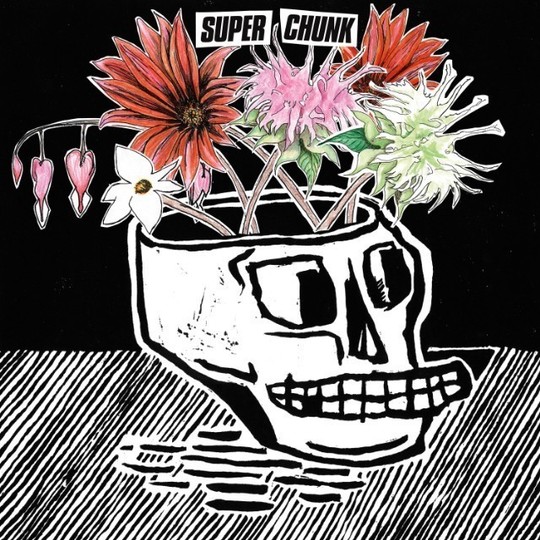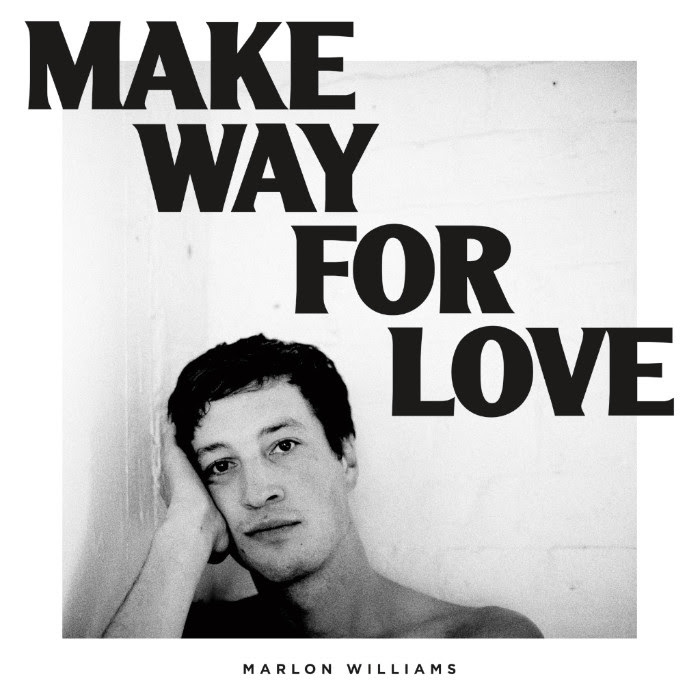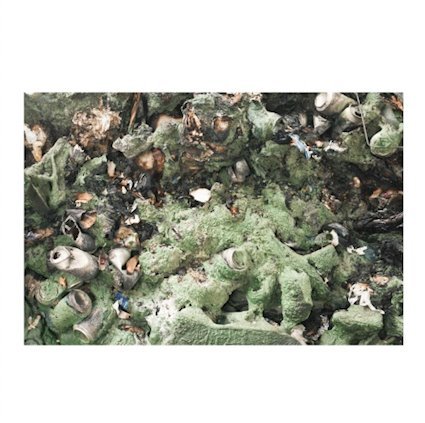A brief history on Chapel Hill's Superchunk. They are one of those quietly revered names in Nineties American indie-rock (and pop-punk) largely for their timing but also for their work behind the scenes rather than their own output. Currently approaching their thirtieth anniversary, the band were at the exact right time when Nirvana's second album ignited the spark, releasing their second, Steve Albini-produced, classic No Pocky for Kitty only a month after Nevermind on the back of their early Nineties college rock hit 'Slack Motherfucker'. The band capitalised on the new hunger for everything 'grunge-sounding' which would go on to define the whole decade, by releasing a collection of their early material as the first LP release on the band's core duo Laura Ballance and Mac McCaughan's crucially important label Merge Records.
Superchunk were the Nineties' other fiercely independent entity who helped launch the careers of bands such as Polvo and Lambchop while forging quite the career for themselves throughout the decade. The band even peaked alongside the mid-Nineties alt-rock explosion with Foolish and Here's Where the Strings Come In before losing their lustre in the latter half of the decade. Luckily enough for Ballance and McCaughan, Merge's rise to prominence fully began in 1998 with Neutral Milk Hotel's In The Airplane Over the Sea (and then later with Spoon, Caribou, Destroyer and Arcade Fire) so while the band started to wind down, the label's importance grew, shaping a lot of the American indie-rock story over two decades.
Celebrating their vicenarian in 2010, Superchunk returned after a near-decade hiatus with the acclaimed Majestry Shredding and the much darker 2013 album I Hate Music fully consolidating not only their 'comeback' but retaining their, perhaps not legendary, but certainly respectable status. This record, What A Time To Be Alive marks the band's eleventh full-length, and is by their own admission, not a 'political' album per se it is "about ‘how do you live / not go crazy in the current climate when it seems like every day there’s a new outrage being perpetrated” according to McCaughan.
By all accounts, What a Time To Be Alive is a quintessential Superchunk record with all the expected tenets; a bouncy, pop-punk indebted, playfulness, some guitar solo shredding, and McCaughan's potent lyrics delivered with his familiar high-pitched tones. Lead singles such as the Katie Crutchfield (Waxahatchee) and Stephin Merritt (The Magnetic Fields) featuring 'Erasure' or the opener and title-track inject plenty of energy and infectiousness into proceedings.
Much of whether you'll enjoy Superchunk's latest record, however, is really how much you can sustain of their incredibly one-note take on a pretty outdated genre. Lots of artists and bands have felt compelled to react to the world's current political stage, especially during the first full year of Trump's administration in office, and while this is understandable it doesn't mean every band or artist should necessarily jump straight on this. For all, its attempts to sound youthful, angry and energised about the situation, What a Time To Be Alive ends up sounding largely rather tired and haggard.
Even the strangely long list of guest vocalists, including David Bazan of Pedro the Lion, are relatively useless here, all submerged in the background of their respective songs choruses, merely to provide backing vocals which are largely buried in the record's flat production sound. The song 'Raegan Youth' is particularly guilty of this, referencing the heavily renowned Eighties punk band and expanding the metaphor to Superchunk's generation feels rather clumsy and an irrelevant form of protest music right now.
Long-time fans of the band could well find everything they are looking for here in a post-Trump Superchunk record, but there's little to elevate this decidedly average work above the line of anything curious new fans should get excited about. If you really want to do that, listen to their first five records, spanning 1990 to 1995, and hear the struggle and hunger that young acts showcase today. For the rest of us, at least we have Merge Records' excellent back-catalogue.
-
5Adam Turner-Heffer's Score






















